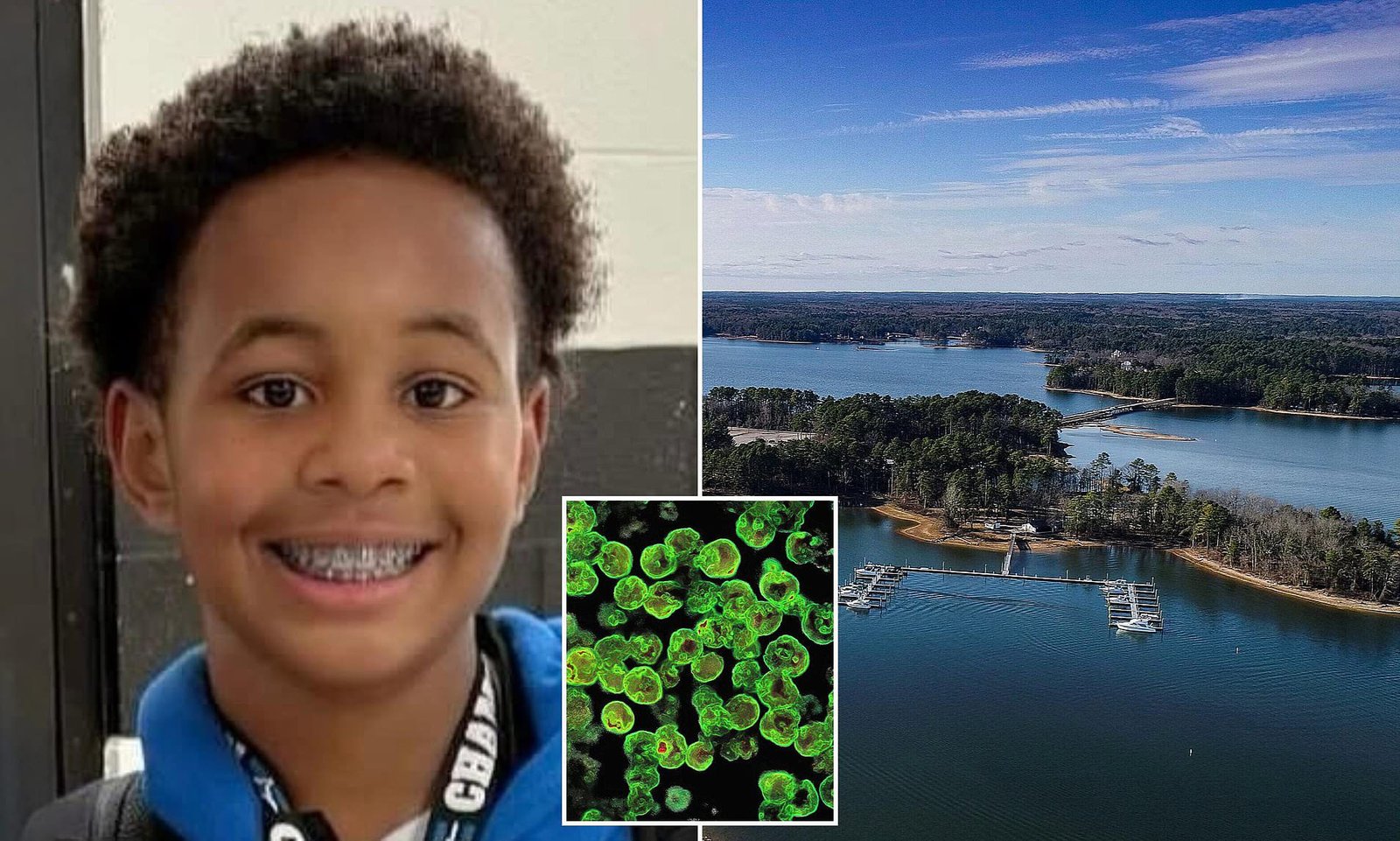South Carolina Boy, 12, Dies From Brain-Eating Amoeba After Swimming in Lake Murray
COLUMBIA, SC — A South Carolina family is grieving the sudden loss of 12-year-old Jaysen Carr, who died after contracting a rare and deadly brain-eating amoeba following a swim in Lake Murray, according to a statement released by the family’s attorney.
Jaysen, a Columbia resident, passed away on July 18 after being infected with Naegleria fowleri, a microscopic organism known to cause primary amebic meningoencephalitis (PAM) — a condition that destroys brain tissue and is almost always fatal.
Family Seeks Answers Amid Outpouring of Support
The Carr family has retained the Bailey Law Firm to conduct an independent investigation into Jaysen’s death. Attorney Tyler Bailey stated the family is determined to understand how the infection occurred and prevent similar tragedies.
“Jaysen’s family is grieving this unthinkable loss, but they are also grateful at the outpouring of love and support they have received from the community,” said Bailey. “They want to do everything in their power to ensure this doesn’t happen to another family.”
Jaysen received care at Prisma Health Children’s Hospital-Midlands, where his family thanked doctors and nurses for their compassion. The family has asked for privacy as they prepare to lay their son to rest.
What Is Naegleria Fowleri and How Does It Spread?
According to the Centers for Disease Control and Prevention (CDC), Naegleria fowleri lives in warm freshwater environments such as lakes, ponds, rivers, and hot springs. It infects humans only when water containing the amoeba enters through the nose, typically while swimming or diving.
The organism then travels to the brain and causes PAM, with early symptoms appearing 1–12 days after exposure. These symptoms may include:
- Headache
- Fever
- Nausea and vomiting
As the infection worsens, symptoms may progress to:
- Stiff neck
- Confusion
- Hallucinations
- Loss of balance and attention
Infections Are Rare — But Deadly
Though highly lethal, Naegleria fowleri infections are rare. Between 1962 and 2024, only 167 cases have been reported in the United States, with just four survivors. The South Carolina Department of Public Health noted this is the first reported case in the state since 2016.
“We expect Naegleria fowleri to be present in any body of warm, fresh water in the United States; however, the risk of infection is very low,” a DPH spokesperson said.
Despite the fatality, the agency said there is no elevated risk associated with Lake Murray, which was constructed in the 1920s and remains a popular destination for boating and swimming.
Tips to Reduce Risk
Health experts recommend simple steps to minimize exposure while enjoying warm freshwater:
- Use nose clips or hold your nose shut when jumping into lakes
- Avoid disturbing bottom sediments, where the amoeba may reside
- Do not swim in warm freshwater during extended hot spells
- Never use untreated tap water for nasal rinses
The amoeba cannot infect people via drinking water, nor can it be spread person to person.
More info is available from the CDC and South Carolina DNR.
Have you swum in Lake Murray or other South Carolina lakes this summer? Share your experience or water safety tips with the Saluda Standard-Sentinel.







